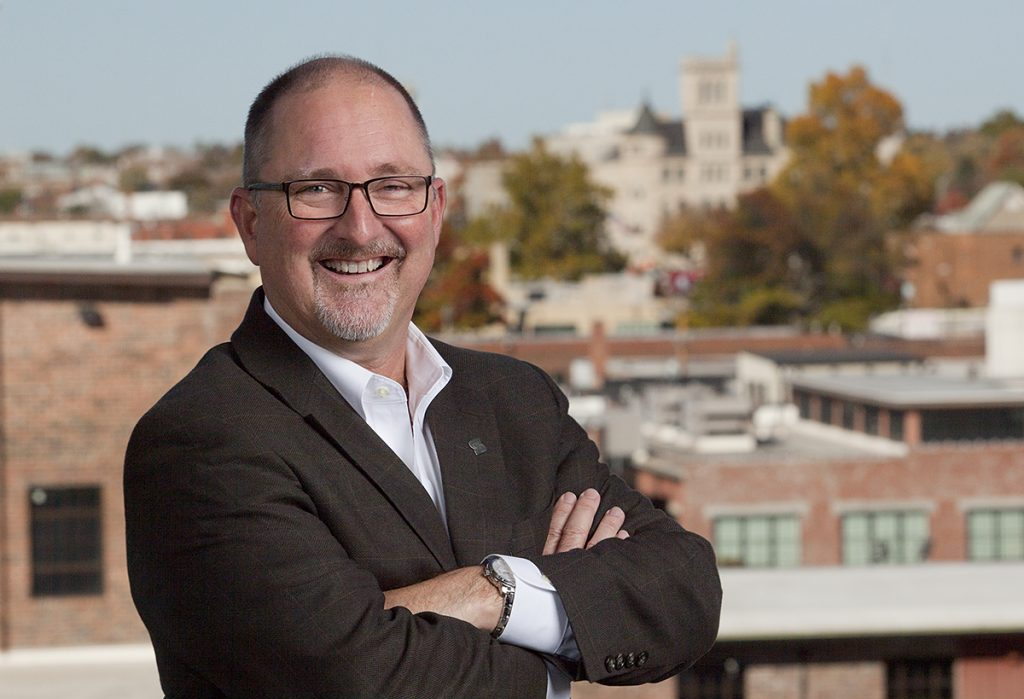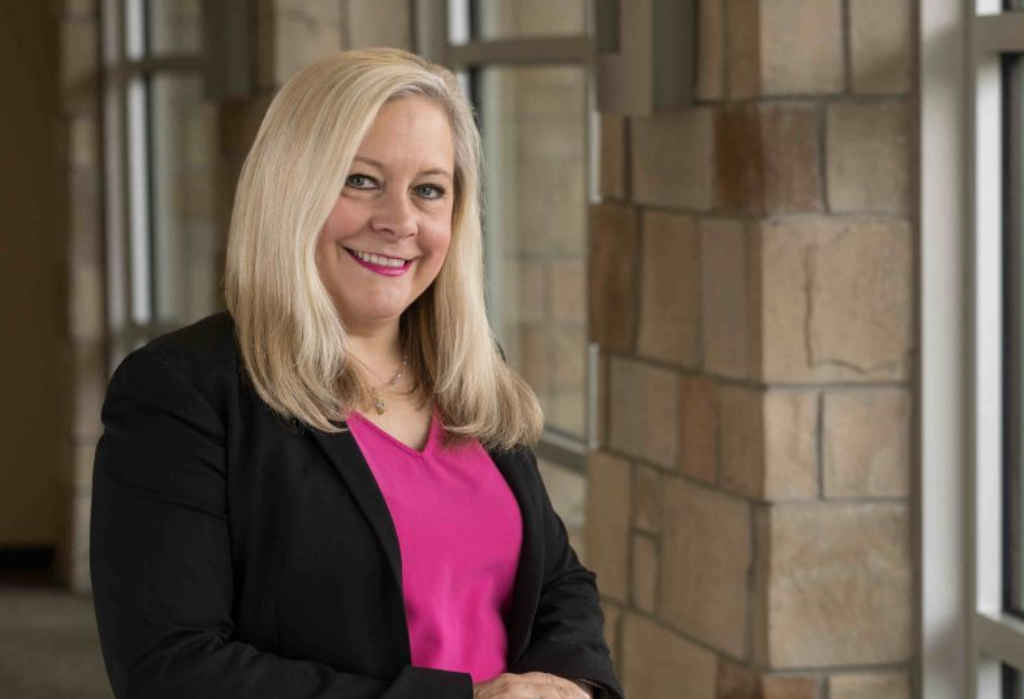THE GIVE 5 STORY
Give 5 is a program licensed to communities across the country. The Give 5 program began in Springfield, Missouri as a “Civic Matchmaking” initiative connecting retired or nearly retired baby boomers with nonprofit organizations specifically working to address poverty in Springfield/Greene County Missouri.
Communities large and small are recognizing the power of Give 5 to energize and mobilize the incredible power of Baby Boomers who are retired, or are considering retirement. We can help you figure out what direction is right for you and your community to harness this great resource!
Our Team

United Way of the Ozarks President/CEO Greg Burris also serves as the Executive Director of Give 5 and is the former City Manager of Springfield Missouri.

Give 5 Co-Creator Cora Scott is currently the Director of Public Information & Civic Engagement for the City of Springfield, Missouri and assists with Give 5 installations.
Our Supporters
Give 5 has a variety of presenting, gold, silver and “Friends of Give 5” sponsors in various markets around the country. In addition, dozens of nonprofit agencies addressing a variety of community challenges are part of the Give 5 network, receiving highly skilled and engaged Give 5 graduates as volunteers.
Our Story
What if you could implement one program that will address the rising trend of social isolation, provide a wave of talented volunteers to nonprofits serving your citizens in need and make your community attractive to a generation with a lot of time, talent and treasure to share? That would be a win-win-win situation. The communities that get this right will have a competitive advantage over the next 20-30 years.
Each day in the United States, 10,000 baby boomers retire. This wave of retirements is leaving a void that is proving very difficult to fill. It is a shortage of talent and expertise at a time when the labor market is already tight, and communities are finding themselves struggling to recruit and retain talent. But that’s only the half of it. Post retirement, more people are feeling another kind of void – like something’s missing. It’s a sense of loss and disconnectedness- a vacuum in their lives – a loss of the sense of purpose, relevance and identity their career previously provided.
Social isolation is a serious and growing problem. According to the U.S. Surgeon General, it is the top health concern for seniors. According to a recent New York Times report, a wave of new research suggests social separation is bad for us – BYU researchers noting that it causes the equivalent health impact of smoking a pack of cigarettes a day. Individuals with less social connection have disrupted sleep patterns, altered immune systems, more inflammation and higher levels of stress hormones. One recent study found that isolation increases the risk of heart disease by 29 percent and stroke by 32 percent.
Greg Burris, former Springfield City Manager, and Cora Scott, Springfield Director of Public Information & Civic Engagement, created a civic engagement program called Give 5 while working together at the City of Springfield to address five macro-trends that are impacting every community. (Listed below) It is a program that matches retired (or almost retired) baby boomers with strategic volunteer opportunities, and it addresses all five of these trends simultaneously.
It’s a way for retirees and seniors to apply their talents and passions directly to a community’s primary areas of need. “We call it civic matchmaking,” Burris says. “The program provides the journey to find the best individual fit between program participant and nonprofit volunteer opportunity.
“This is not like the typical volunteer engagement. It can’t be,” Scott says. “The baby boomers are used to rewriting the rules, living life on their own terms and now they are turning the idea of retirement on its head,” said Burris, who recently retired himself from the role of Springfield City Manager. “We are a generation that has planned and saved for an active retirement – one that is driven by choice, opportunity and purpose,” he says. “We have an inherent need to feel relevant, not feel like we’re being put out to pasture. And we’re going to be extraordinarily bad at watching daytime television all day.”


